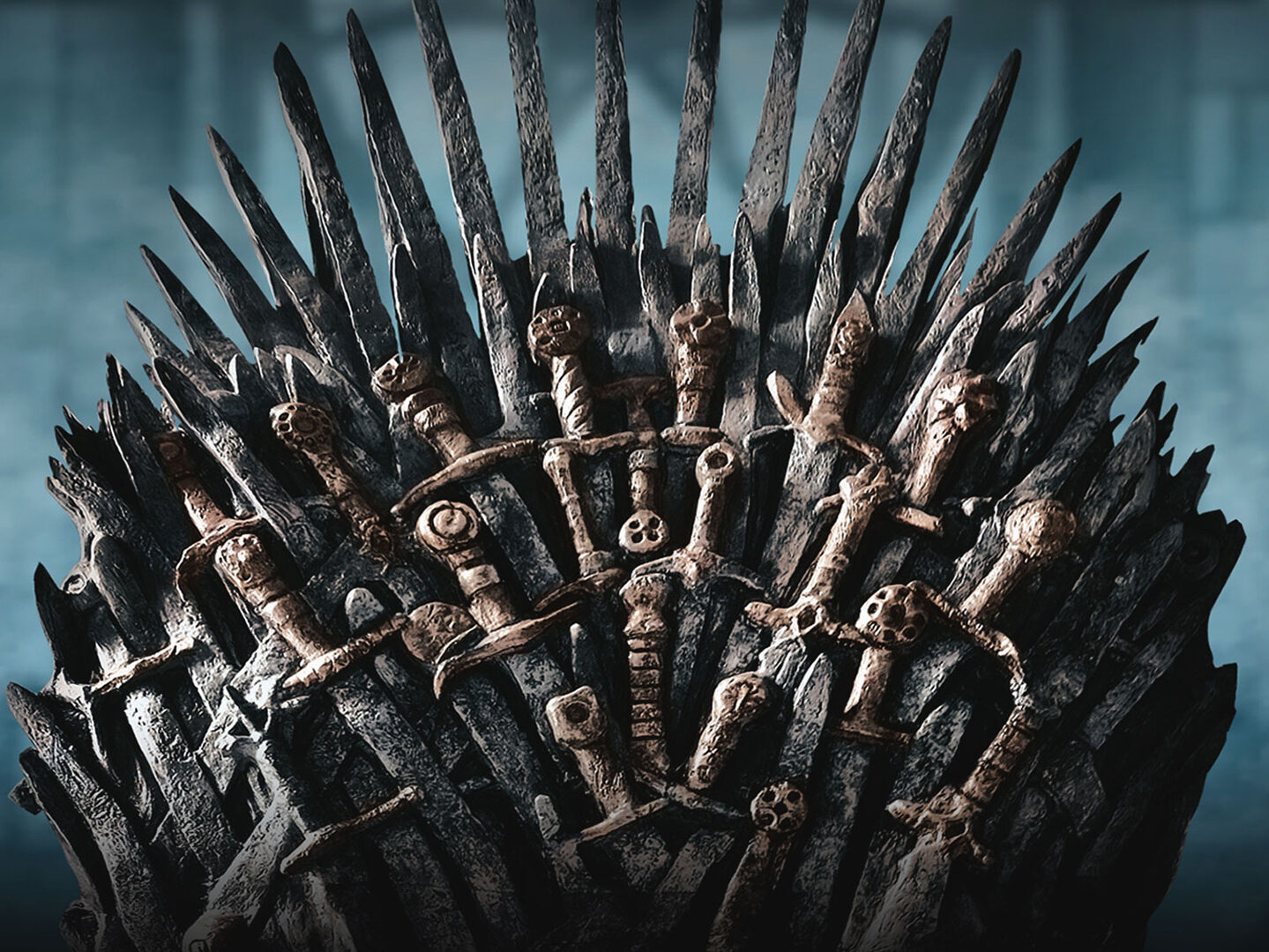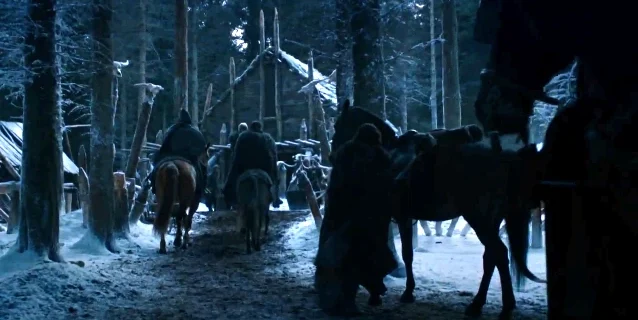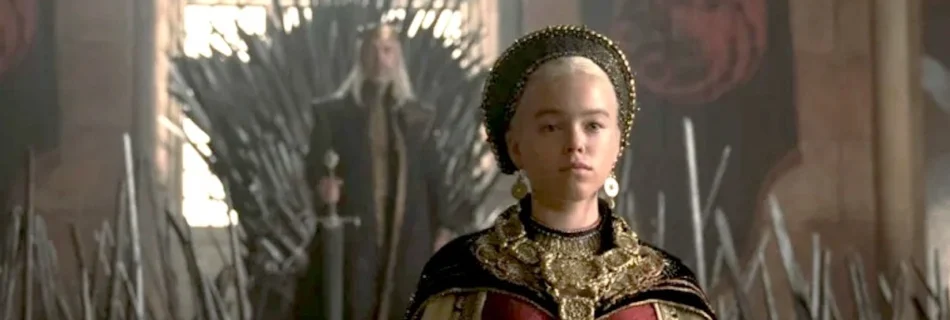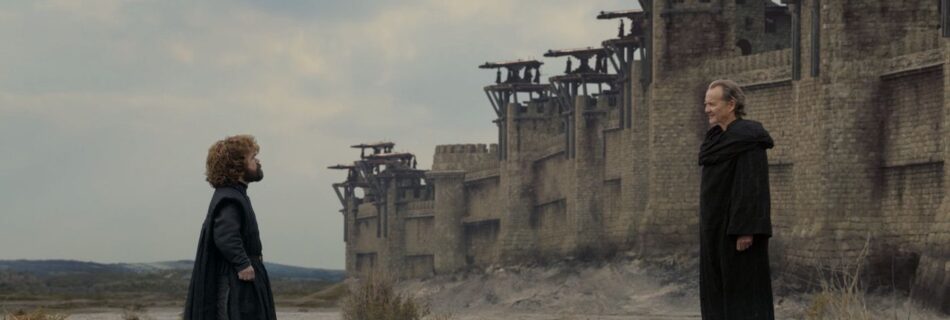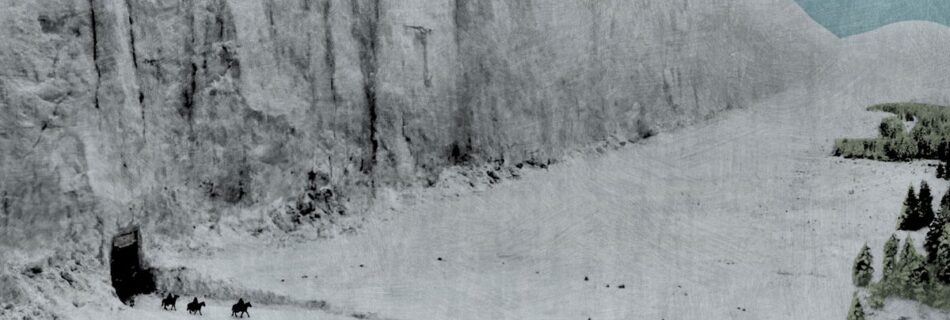Craster’s Monopoly: Control Beyond the Wall
Season 2, Episode 4: Craster of Craster’s Keep has a monopoly on food and warmth beyond the wall, and uses that to extract a large payment (ignoring his horrible behavior) from the rangers/night’s watch who need a place to rest. To teach this concept in the classroom, click here for a lesson plan
